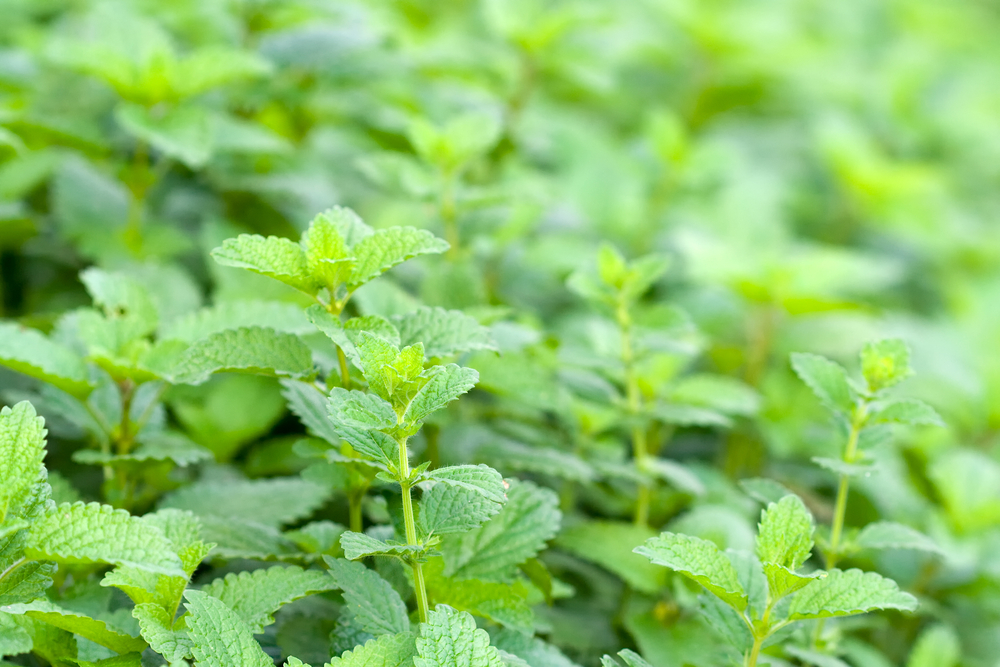The plant-based dietary supplement market has been on the rise over the last years. Why such popularity? Natural, efficient, technical, let’s have a look at all the driving forces of this market.
Plants are consumers’ favourite ingredients
In general plants are reassuring ingredients. Consumers are more inclined to use phytotherapy products rather than more chemical, pharmaceutical products. Why?
- They are looking for more natural
- They are more cautious about drug therapy and on the contrary, are more drawn to so-called ‘natural medicines’
- The plants used in traditional medicines reassure them.
And as a result: today, 64% of French dietary supplements contain at least one plant1. Also, plants contribute at a rate of 93% to the growth of the dietary supplement market2. These figures are more than encouraging!
The organic market is a strong growth factor in dietary supplements. It has a growth rate of almost 15%2, significantly higher than that of traditional products. It is an additional element that reassures consumers.
Consumers have a positive opinion of phytotherapy: 84% of them feel that medicinal plants and phytotherapy are good for our health3. However we still have challenges to face on the market:
- Teaching people about these products: consumers require information about plants.
- Efficiency: for some consumers, plants rhyme with inefficiency. The issue is therefore to demonstrate proof of efficiency or innovative technologies to convince.
- Sourcing of raw materials: consumers look for sustainability or products made in France. Consumers are more and more considerate of their health, and they also want to consume better.
Industrial manufacturers must also take factors into consideration: 2/3 of nutraceutical professionals consider that sustainable sourcing has the most positive impact on the ecological approach of the industry4.
France is well positioned to address these questions of sourcing: the production of medicinal plants in the country is also a thriving field. France produces 300 species of medicinal and herbal plants (including picking). The turnover of perfume, herbal and medicinal plants has increased by 85% in 25 years. The plant representing the highest value on the market is the inescapable lemon balm !1
Plants, very promising ingredients
Plants are used as ‘supplements’ for some illnesses, but mainly as prevention. Their claims are also very varied, but some of them stand out:
- The ENT area, a very seasonal but growing product list in chemists
- Plants for stress and sleep, are shaped by the success of the market
- Digestion: the illness of the century is definitely supported by the microbiota but also plants such as artichoke and lemon balm.
Regulations, a due phase for plants
Currently, the European Community does not authorise allegations for plants. Today used and tolerated allegations are pending validation. For example in France, there is a list of 540 authorised plants for dietary supplements. However, the use of an authorised plant in another European country may be planned through ‘a mutual recognition process’ 5.
How to innovate?
Over and above the traditional aspects, it is possible to innovate in the plant world! Lets take the example of the ipowder® range: At PiLeJe Industrie we serve plant innovation with all of our expertise, to enhance and restore all of nature’s wealth. The patented manufacturing process produces a concentration the equivalent of three doses of a standard plant powder.
Would you like to discover our entire ipowder® plant extract range? Please contact our PiLeJe Industrie experts.
Would you like to discover our entire ipowder® plant extract range? Are you planing to develop a plant-based dietary supplement? Please feel free to contact our team.

